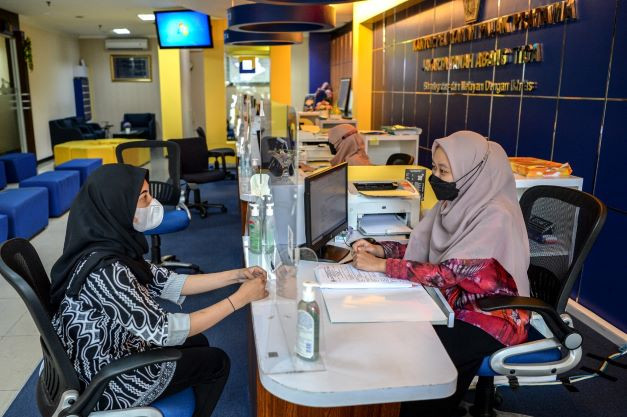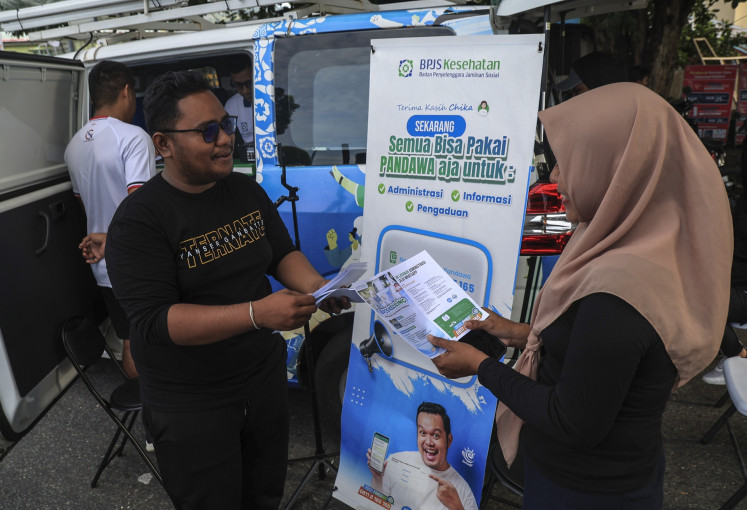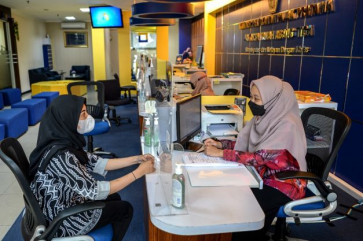Popular Reads
Top Results
Can't find what you're looking for?
View all search resultsPopular Reads
Top Results
Can't find what you're looking for?
View all search resultsTax amnesty ‘vol. 2’, the moral hazard and recidivism
Empirical evidence from several countries has demonstrated no evidence of a significant impact from tax amnesty.
Change text size
Gift Premium Articles
to Anyone
T
he COVID-19 pandemic caused an economic contraction of 2.1 percent in 2020, the first since 1998, and has deteriorated public finances. In this regard, it is essential for the government to rethink revenue strategies, particularly in terms of taxation, while the economic recovery is underway.
Indonesia’s brand-new Harmonized Tax Law is evidence of the government’s strong political will in bolstering long-term economic growth. This regulation aims to expand the tax base, strengthen tax administration, promote tax fairness and boost tax compliance. In doing so, several reform measures have been put in place including enhancing the general provisions and tax procedures, revamping the value-added tax (VAT) structure, introducing a carbon tax and initiating a new voluntary disclosure program – tax amnesty “volume 2”.
Tax amnesty – or voluntary disclosure programs (VDPs) – is a common strategy to pursue swift tax revenue in the short term. In the case of Indonesia, the government has ushered in the second tax amnesty from Jan. 1 to June 30 of this year, with the main objective of boosting tax compliance instead of collecting quick tax revenue.
However, still lingering in our memory is tax amnesty "volume 1", which was given only in 2016 to 2017. This nine-month program brought in Rp 4.88 quadrillion (US$348 billion) of assets declarations, exceeding the target of Rp 4 quadrillion. This success story ran simultaneously with several other strategies to foster the tax ratio, including the implementation of the global Exchange of Information (EOI) extension and strengthening of law enforcement.
These strategies seemed to work very well and resulted in a brilliant 2021 tax revenue performance of Rp 1.23 quadrillion, much higher than the state budget target of Rp1.22 quadrillion.
Then the question is, do we need the second tax amnesty? Will resources be effectively reallocated to make the conditions of tax revenue and tax compliance better with nobody worse off? And how will it affect taxpayers’ attitudes?
Tax amnesty or VDPs are special measures for tax delinquents to manage and unmask their unreported assets related to tax obligations. In the behavioral theory of taxation, a growing body of literature argues that amnesty programs are discriminatory incentive schemes, which likely give off a signal of inconsistency and unfairness.



















